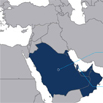Amwal on outlook for 2015 (“Gulf Times”)
‘Qatar may see deficit if oil stays at $50 in 2015’
January 2015

As oil prices now hover around a fi ve-and-a-half year low with the possibility of dropping to $40 a barrel, Qatar may see budget defi cit of $5bn-$10bn in 2015 if crude remains at $50 for the entire year, but massive sovereign wealth fund (SWF) assets provide the country with suf- fi cient cushion to support capital spending for infrastructure, according to Amwal. Assuming $50 a barrel, Qatar may see budget defi cit, but it is very small compared to the estimated $115bn worth SWF assets; at $57; it will be breakeven; Afa Boran, Amwal head of asset management, told reporters here in the presence of Amwal CEO Fahmi Alghussein. Even at lower oil prices, he said Amwal does not expect current expenditure (excluding capital spending) to be immediately aff ected as the Gulf Co-operation Council (GCC) countries have “signifi cant” savings to weather a period of low oil prices. Expecting oil prices could go down as low as $40 a barrel; he, however, said crude could not stay at that lower levels for long and may eventually stabilise at $70. The current low oil prices have been due to an appreciating dollar and increased production, which largely came from the US, where average cost of production is about $50 and that of shale oil is about $75, he said. Even prior to the drop in oil price, Amwal believed that the $100 level was too high and would eventually normalise. “We do believe that the current $50 a barrel is likely below oil’s fair value” because long term analysis adjusting for the dollar volatility and time value of money suggest oil price is below long term average, Boran said. Highlighting that oil producers are not earning much (in the current scenario); he said either the price has to go up or production has to be curtailed for the market to realign itself. On the impact of low oil prices on the GCC as a whole; he said spending will be likely more controlled going forward. “Qatar is in a better position” because the projected government revenue (at $50 oil price) is still higher than the non-capital expenditure, he said, in an apparent reference to a large Gulf economy, where sovereign revenues are projected to have impacted both capital and non-capital spending. Even at the conservative oil price assumption of $65 a barrel, Qatar had projected a budget surplus of QR7.3bn in the current fi nancial year. Overall, spending is the key driver of economic growth in the GCC region and both the budget and current account surpluses as well as SWF assets are “healthy” to meet planned spending, Boran said.
-
05 February 2017
 Fahmi Alghussein appointed as new Qatar Chapter Head
Fahmi Alghussein appointed as new Qatar Chapter Head
Read more -
10 October 2016
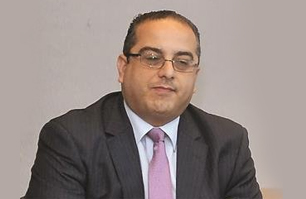 Trump factor to impact GCC market
Trump factor to impact GCC market
Read more -
9 October 2016
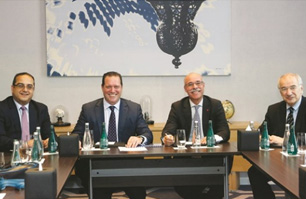 Amwal and Takaud in deal to debut pension products...
Amwal and Takaud in deal to debut pension products...
Read more -
7 November 2016
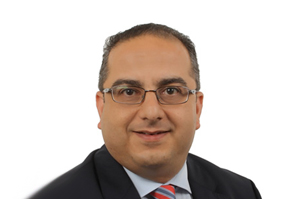 Amwal appoints Talal Samhouri as Head of Asset Management
Amwal appoints Talal Samhouri as Head of Asset Management
Read more -
3 November 2016
 Four Qataris ranked in Middle East magazine’s
Four Qataris ranked in Middle East magazine’s
Read more -
19 October 2016
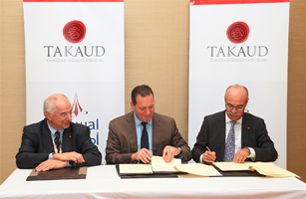 New Takaud And Amwal Partnership Expands
New Takaud And Amwal Partnership Expands
Read more -
01 March 2016
 A top down analysis of the real estate market Factors...
A top down analysis of the real estate market Factors...
Read more -
11 November 2015
 Amwal launches GCC fund with German firm
Amwal launches GCC fund with German firm
Read more -
09 March 2015
 Doha Bank plans to launch ETF on QE
Doha Bank plans to launch ETF on QE
Read more






